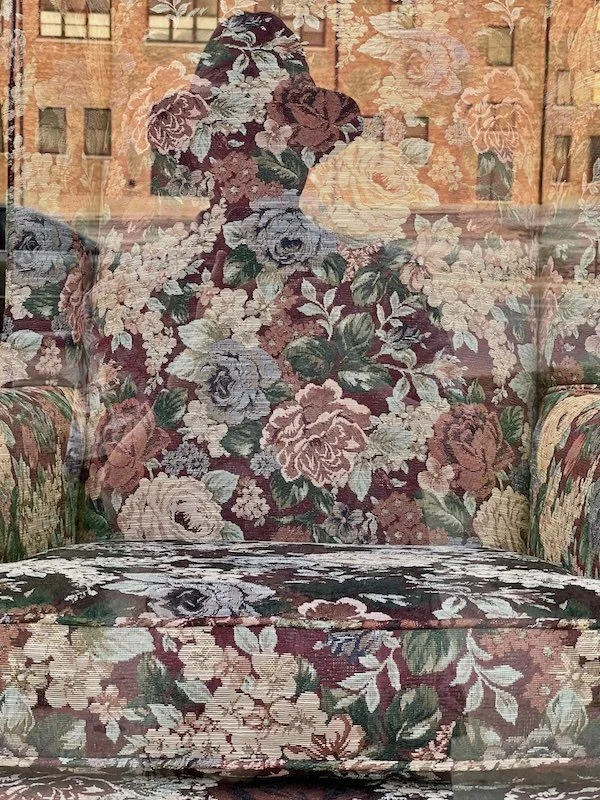Writing From the Inside Out 2022 Week 50 Prompts
based on Billy Collins Introduction to Poetry
Read the poem
Do your own reflection on it, noting what it inspires in you
Feel free to use your own reflection as your prompt or…
Use the selection of prompts below the poem
Pick one that inspires you and write (feel free to use only one or write several poems using different prompts) or…
Don’t use any of the provided prompts and follow your inspiration from wherever it comes
Introduction To Poetry
I ask them to take a poem
and hold it up to the light
like a color slide
or press an ear against its hive.
I say drop a mouse into a poem
and watch him probe his way out,
or walk inside the poem’s room
and feel the walls for a light switch.
I want them to waterski
across the surface of a poem
waving at the author’s name on the shore.
But all they want to do
is tie the poem to a chair with rope
and torture a confession out of it.
They begin beating it with a hose
to find out what it really means.
—Billy Collins
https://www.poetryfoundation.org/poems/46712/introduction-to-poetry
Please join Writing From The Inside Out by attending the read-around sessions on Thursday afternoons. It’s free, fun, a great way to share, and reading a poem is optional. If you have not registered, click the button below; and if you have registered, you do not need to register again, simply use the link sent to you in your confirmation email. Register Here:
Next Read-Around isThursday, December 8, 2022 at 5:00 PM
My Thoughts
I remember my first formal introduction to poetry in a humanities class. We were assigned to write a poem. I poured my heart into it working diligently over a two week period and I was proud of my effort, then crushed by a C- on the paper. Moreover, we were taught that a good poem is obscure and requires diligence and study to get it, that the joy is in mining for meaning, especially if it includes clever literary references that yield double or triple entredes hidden under the surface. I concluded that poetry was not in the cards for me.
Watching Billy Collins Master Class on “Reading and Writing Poetry,” I’m sure he was not that type of teacher. His poem, Introduction To Poetry, turns the tides. It’s the students that strap the poem to the chair and torture a confession out of it. Those students likely learned, like me, somewhere along the line, that is what we are supposed to do. I am reminded of a wonderful book about appreciating art, Seeing Slowly by Michael Findley, that transforms a museum visit into an experiential adventure by engaging with works of art viscerally. Much of Collins success comes from his sense that reading and writing poetry is more like play, engaging a sense of wonder or adventure, that can take surprising turns and can lead to deeper meaning. To do so, it has to be accessible; it has to have a point of entry for the reader to “waterski across the surface of the poem waving at the author’s name on the shore.”
Prompt Menu
Journal or write a poem about your first exposure to poetry well your first class in poetry.
Journal or write your own introduction to poetry.
Journal on write a poem about how you might go about experiencing a poem. Or write your own list of suggestions about how to experience a poem.
Collin’s describes holding a poem up to the light like a color slide. Use this metaphor as your prompt, Either by writing literally about your experience with color slides or about what happens when you take an idea and imagine looking at it as if it were a color slide.
In what way might a poem be a hive? What might you hear if you put your ear to a hive?
Journal or write a poem about the experience of entering an unfamiliar dark room and searching for a light switch.
Collins uses the metaphor of dropping a rat into the poem and letting it Probe its way out. In his master class, Colin uses a similar metaphor about writing poems. Journal or write a poem about being in the middle of something, unsure how it will work out, yet feeling compelled to bring it to a proper conclusion.
Write about the experience of feeling compelled to find the deeper meaning in a poem, book, or experience. What is it like to be on that kind of “treasure hunt.”
As usual, write about anything else in the poem or life that inspires you.
